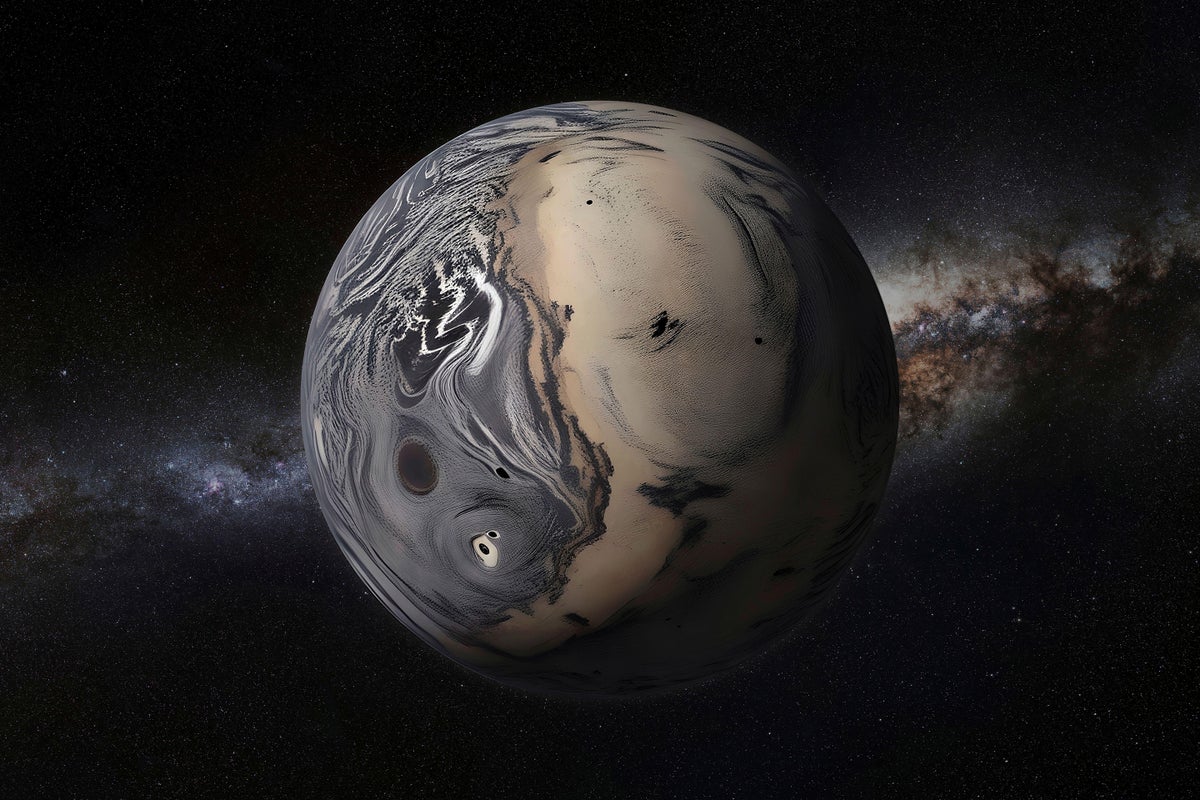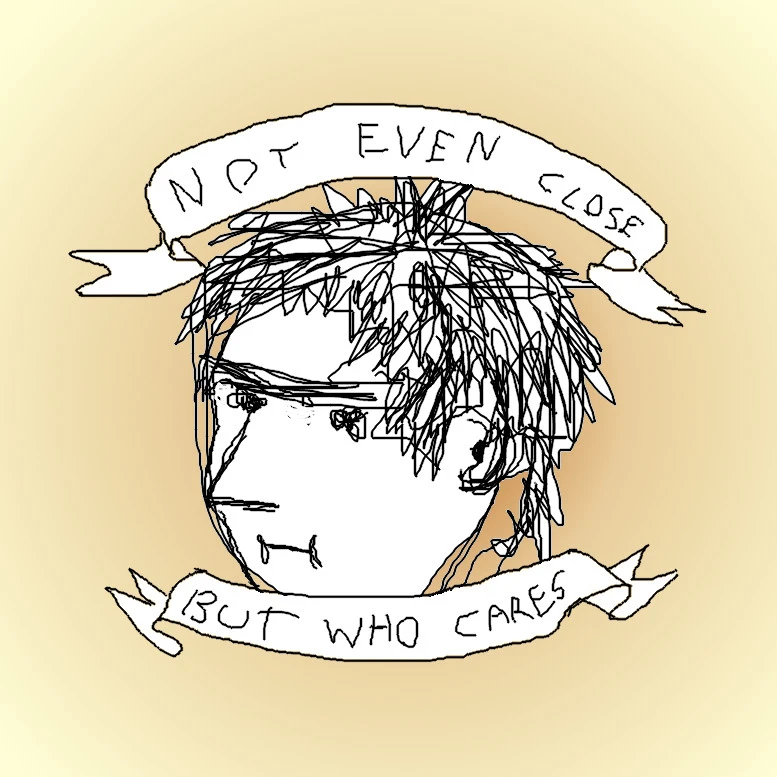There are NO planets that don’t orbit stars : once they don’t orbit a star they don’t follow the modern definition of a planet anymore
The modern definition of “planet” only includes things that orbit the sun.
Honestly, the IAU’s definition of a planet is pretty useless.
We’ll not have science in this discussion about science!
Rocky planets, gas giant planets, ice giant planets, dwarf planets, super Earth planets, hycean planets, lava planets, rogue planets…
Very interestingly, they found that systems with fewer planets tend to exit their “ejection” phase after about 100 million years, but systems with 10 planets are still unstable even after a billion years. They also found that these more bountiful systems actually eject the majority of their planets, losing 70 percent after a billion years. Most of the ones ejected are lower-mass, as expected.
Wonder how many sibling planets we had when our solar system first formed. This sort of topic is always fascinating to me.
This post made me imagine a nightmare scenario where Earth is ejected and we can only helplessly watch as the sun becomes smaller and smaller.
I flat out don’t accept the notion that some starts have no planets. As far as I am concerned, if we have 8 major plantes and on average, 40% of planets are ejected, we should assume the average number of starting planets is 11.
This is like saying, “If a carbon atom has 12 electrons, and on average it forms 4 covalent bonds, we should assume all atoms start with 16 electrons.”
nice sample size of one you have there




